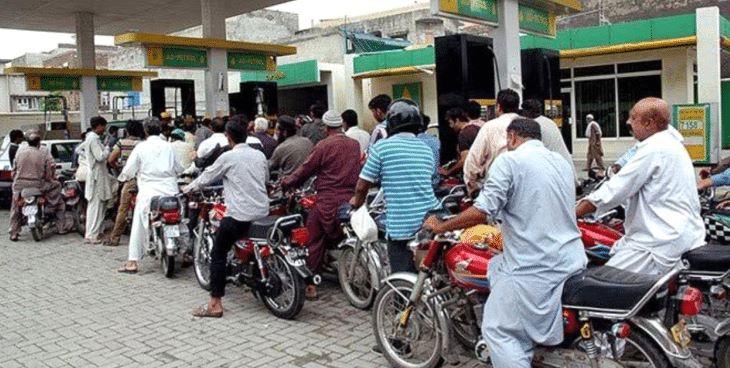In an effort to reduce carbon emissions, preserve the environment, and lower oil expenses in Pakistan, the government has developed a comprehensive plan to focus on the auto and transport sector. According to the Ministry of Energy, the step-wise Transport Energy Saving Plan (TESP) will prioritize determining the retirement age of cars and improving national fuel economy standards.
To encourage energy-saving measures, toll tax, and fuel rates will be implemented based on the engine size of the vehicles. This means separate toll tax slabs for vehicles above 800cc and fuel price slabs for cars with 800cc, 1600cc, and larger engines. The plan also includes the implementation of codes and standards for electric vehicle (EV) supply equipment and charging infrastructure, as well as the development of a mass transit transport system in major cities.
Sources indicate the plan will save approximately 2.4 billion liters of oil annually and reduce 7.7 million tonnes of carbon emissions. The Transport Energy Saving Plan (TESP) will be implemented gradually, with the first steps being taken this year.
By prioritizing energy-saving measures in the transport sector, the government hopes to reduce Pakistan’s carbon footprint and promote sustainability significantly. The TESP is a comprehensive plan that considers various aspects of the auto and transport industry, from fuel efficiency to EV adoption, and aims to create a more sustainable future for the country.

